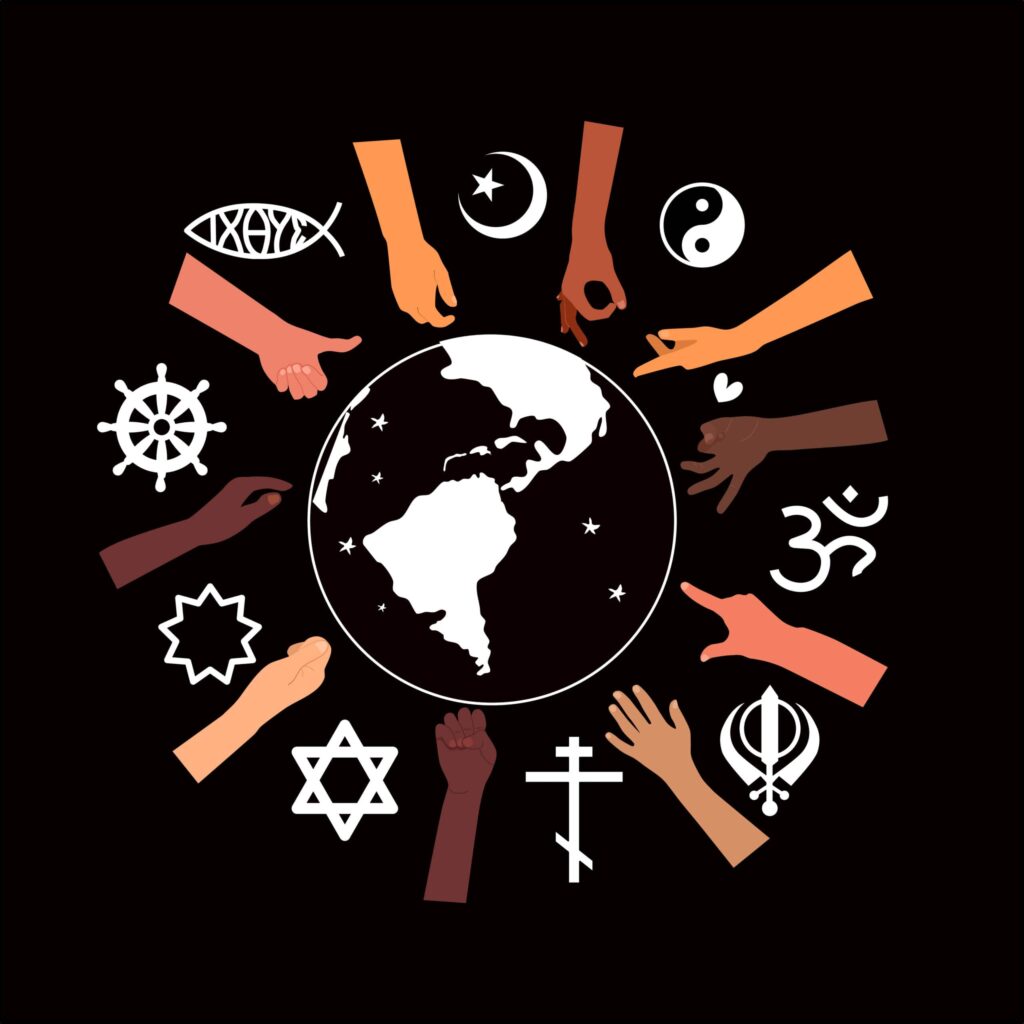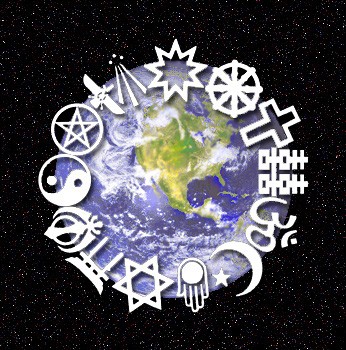I was sitting in a coffee shop the other day, overhearing a conversation that was, frankly, a little tense. Two people were discussing something rooted in faith and culture, and I could feel that familiar divide opening up. It got me thinking, why is it so hard to find common ground these days? We are more connected than ever, yet sometimes it feels like we are speaking different languages. But here is the thing I have come to believe: our shared humanity runs deeper than our differences. This exploration dives into the beautiful, messy intersection where religion, culture, and society meet, offering a hopeful path toward genuine connection. I want to talk about that, not in a theoretical way, but in a real, human one. This is not about ignoring our unique beliefs; it is about discovering the surprising ways our journeys overlap. Have you ever stopped to wonder why every culture, every society, has some form of community gathering centered around belief? It is not a coincidence. From the Christian idea of fellowship to the Muslim concept of ummah, or the deep sense of dharma in Hinduism, we all share this profound need to belong to something bigger than ourselves. I have felt this myself, both in my own spiritual practice and when visiting services of other faiths. The setting might be unfamiliar to the rituals, the songs, and the language but that core desire for connection is always there. It is a universal hum in the background of the human experience.
One of the most powerful moments I ever witnessed was at an interfaith panel. A Christian pastor and a Muslim imam were discussing scripture, and someone in the audience asked about the core of their teachings. They did not quote complex theology. Instead, they both landed on the same simple, profound idea: love for the Divine and love for your neighbor. It was stunning in its simplicity. This golden rule, in its various forms, is the bedrock of so many traditions. Judaism speaks of olam, repairing the world. Buddhism is built on compassion. Hinduism promotes dharma. The quest for common ground in our values is not just a nice idea; it is the very foundation for a more compassionate and just society. These are not competing ideals; they are different dialects of the same fundamental truth about how to live a good life together. Recognizing this shared moral foundation is a game-changer. I will admit, I used to see rituals as the things that made religions different. The communion wafer, the five daily prayers, the lighting of Shabbat candles they seemed like markers of separation.

But I have changed my mind. After participating in a few ceremonies outside my own comfort zone, I started to see their true function. It is not about the specific action; it is about the shared experience. That collective deep breath before a prayer, the communal meal, the quiet reverence these moments bind us. They create a rhythm of meaning that transcends the specific doctrine. They answer a deep human need to mark time, to celebrate, to grieve, and to connect, all together. The packaging is different, but the intention feels remarkably familiar. The term “interfaith dialogue” can sound so formal, like something that only happens in conference rooms between scholars. But really, it is just a fancy term for a profoundly human act: listening to understand. I try to approach conversations with a simple goal: be curious, not defensive. These principles are not just for religion. They are a blueprint for any difficult conversation, whether it is about politics, culture, or just life. When we seek to understand before we try to be understood, we open a door. We acknowledge the other person’s humanity first. This is how we build bridges, one honest, imperfect conversation at a time.
The real magic, I have found, happens not in talking, but in doing. Abstract theological debates can leave everyone frustrated. But rolling up your sleeves and working alongside someone from a completely different background? That is where stereotypes evaporate. I remember volunteering with a group from various churches, a mosque, and a secular nonprofit to clean up a local park. We were not there to discuss scripture. We were there to pull weeds and lay mulch. But in those hours of shared labor, something shifted. We talked about our kids, our worries, our hopes for the neighborhood. By focusing on a common goal, a beautiful, safe space for everyone, we built a tiny community of our own. This practical collaboration is where theory becomes reality. Finding common ground is not about everyone thinking the same thing. How boring would that be? It is about moving from mere tolerance to genuine appreciation. It requires humility to accept that we do not have a monopoly on truth and the confidence to learn from others without losing ourselves. It starts right where we are in our neighborhoods, at our jobs, in our schools. It starts with a question instead of a statement. It starts with a shared project. Our differences in religion and culture do not have to be a battleground. They can be a fertile ground for something new, understanding, and truly beautiful.
References:
American Diversity Report. (2023). “Common Ground for Customs, Beliefs, and Religions.” https://americandiversityreport.com/common-ground-for-customs-beliefs-and-religions-by-lee-webster/
Wikipedia. (2025). “Interfaith dialogue.” https://en.wikipedia.org/wiki/Interfaith_dialogue
EBSCO Research. (2024). “Interfaith dialogue Research Starters.” https://www.ebsco.com/research-starters/religion-and-philosophy/interfaith-dialogue
ResearchGate. (2020). “Interfaith dialogue: its need, importance and merits in the contemporary world.” https://www.researchgate.net/publication/343878574_Interfaith_dialogue_its_need_importance_and_merits_in_the_contemporary_world
Hartford International University. (2024). “The Importance of Interfaith Dialogue.” Retrieved from https://blog.hartfordinternational.edu/2024/05/23/importance-of-interfaith-dialogue/

